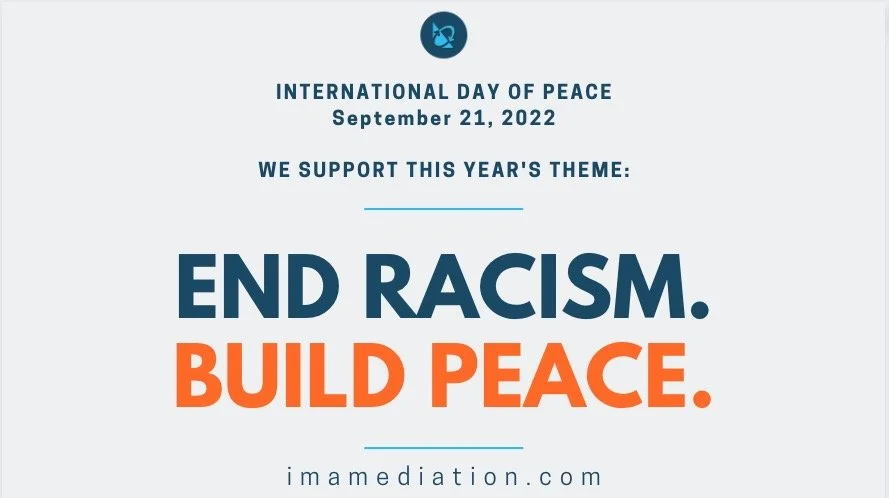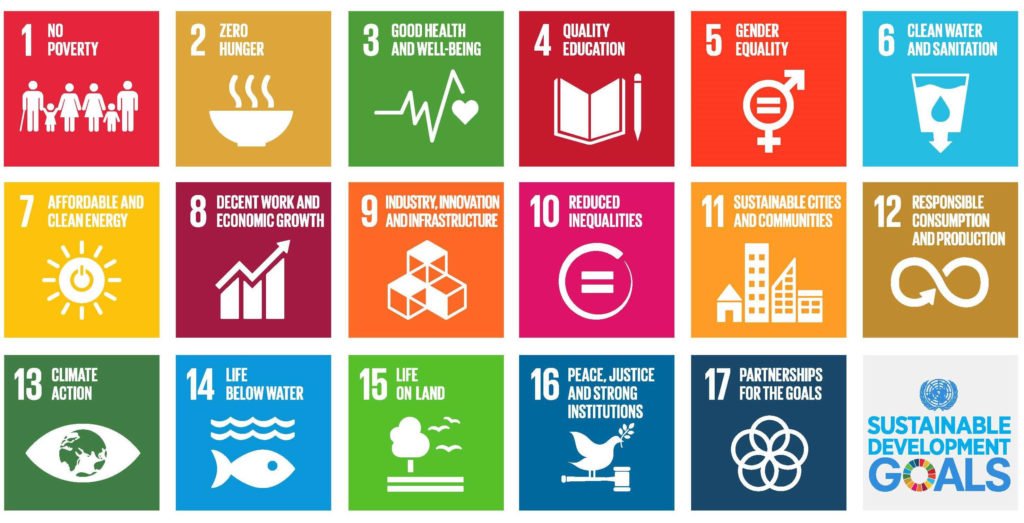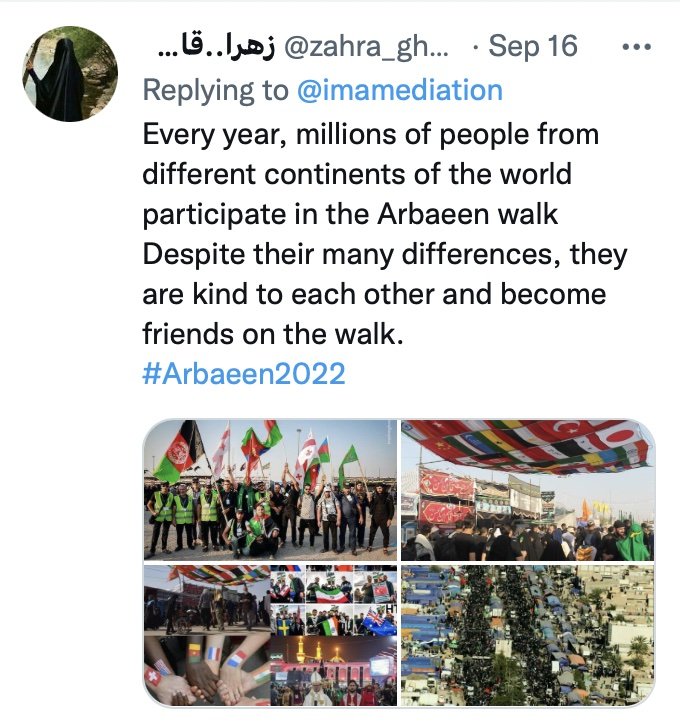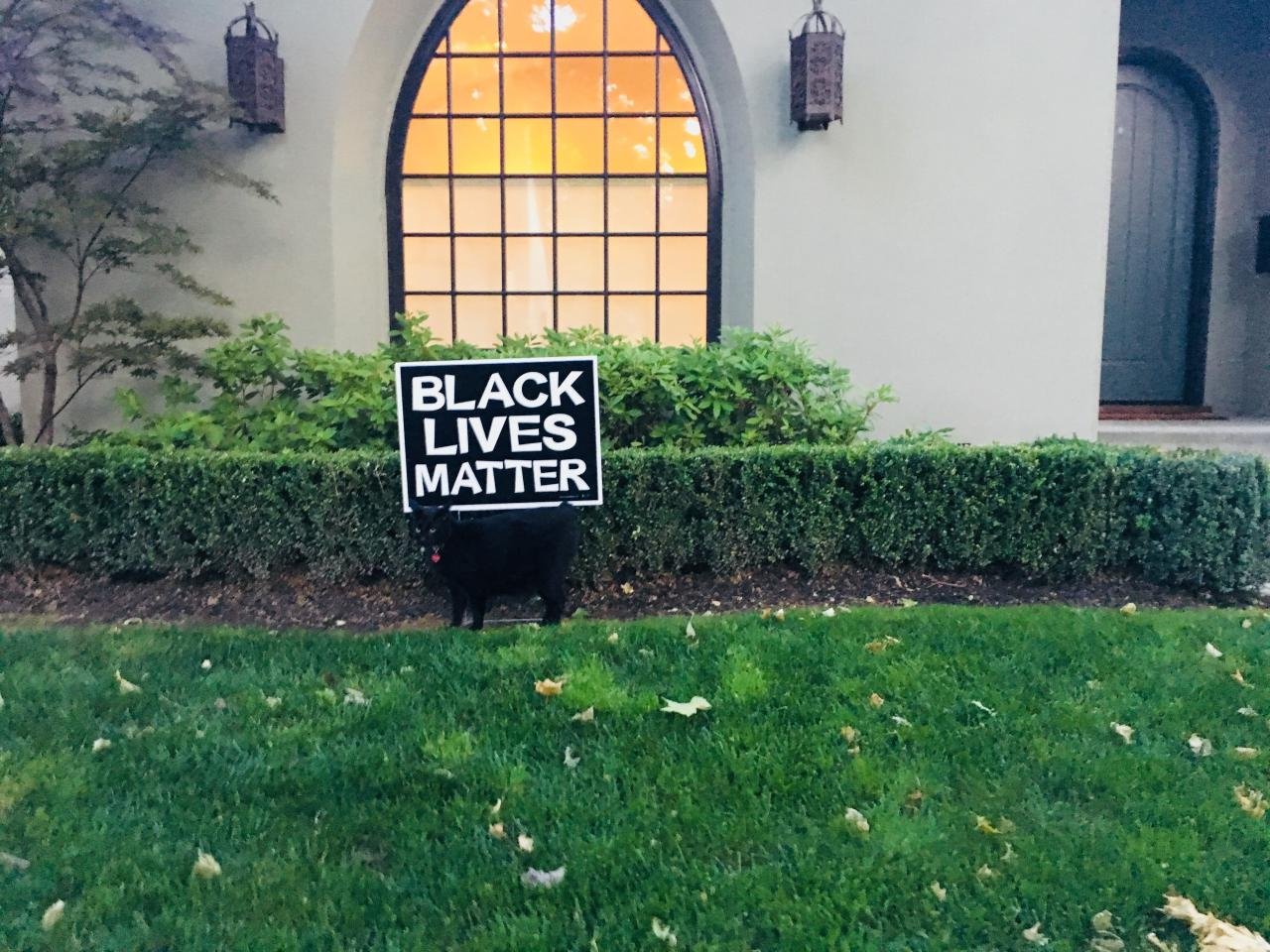Each year, the United Nations invites communities, organizations, and leaders across the globe to observe the International Day of Peace on September 21st. International Day of Peace is a twenty-four-hour period dedicated to strengthening the ideals of peace through nonviolence and cease-fire. Sustainable peace cannot be accomplished within twenty-four hours of nonviolence alone, however. It requires the relentless pursuit of creative peacebuilding. This year’s theme is both succinct and provocative: “End Racism. Build Peace.” Our team recognizes these two goals as two sides of the same coin. As long as racism exists, our world will not be at peace. It may seem lofty and impossible, but each of us can make an impact toward realizing this monumental vision of access to peace, irrespective of race.
At Interaction Management Associates (IMA), our team has reflected on how we, as mediators, are effectively advancing peace in our work and finding ways to confront racism through our practice. Mediators are uniquely positioned to facilitate dialogue between parties, including uncomfortable conversations around race and discrimination. Good mediators enable parties to recognize their shared goals and accept their differences while illuminating creative pathways to mutual agreements that may lead to peace.
Mediation alone will not end racism, but when a mediator is aware of hateful and hurtful divisions between the parties, they can tap into unique skill sets and resources to bridge understanding, foster connection, and establish accountability. We encourage IMA mediators not to step around racism, but rather to support the parties in engaging through those confrontations whenever possible. Mediators rely on skills such as powerful open-ended questions, deep empathy, compassionate detachment and, above all, impartiality. An impartial mediator may not be positioned to magically remove the blinders of racism, but the process of mediation is transformative and most often leads to mutually-acceptable, productive and transformative solutions.
We embrace the UN’s historic challenge to end racism and build peace and believe they are two sides of the same coin. We are also keenly aware of the immense obstacles to achieving this goal. We recognize that throughout the history of humankind, this journey toward ending racism is just beginning and we will remain committed to this work beyond this year.
The History of International Day of Peace
With the understanding that peace is foundational to the United Nations, the UN General Assembly gathered in 1981 to unanimously vote on the introduction of the International Day of Peace.
Always held on September 21, the International Day of Peace is designed “to devote a specific time to concentrate the efforts of the United Nations and its member states, as well as of the whole of mankind, to promote the ideals of peace and to give positive evidence of their commitment to peace in all viable ways.”
To guide communities around the world in their peace efforts, the United Nations announces unique themes for each International Day of Peace that connect to Sustainable Development Goal (SDG) 16 of 17 total goals. The SDGs were adopted in 2015 by UN members in the 2030 Agenda for Sustainable Development, “a shared blueprint for peace and prosperity for people and the planet, now and into the future.” SDG 16 seeks to “promote peaceful and inclusive societies for sustainable development, provide access to justice for all and build effective, accountable and inclusive institutions at all levels.”
The Importance of Ending Racism
This year’s theme is particularly striking as our world faces unprecedented conflict-induced mass migrations. To make matters worse, refugees increasingly encounter race-based discrimination upon arrival at new borders. As racist institutions prevail and individuals, leaders, and countries justify discrimination and violence on the basis that one race is inferior to another, the commitment to ending racism becomes increasingly urgent.
Peace will not be realized until racism in every form is eradicated.
The UN Secretary-General António Guterres reminds us:
“Racism continues to poison institutions, social structures, and everyday life in every society. It continues to be a driver of persistent inequality. And it continues to deny people their fundamental human rights. It destabilizes societies, undermines democracies, erodes the legitimacy of governments, and… the linkages between racism and gender inequality are unmistakable.”
Peace cannot be achieved if basic respect is not recognized, regardless of someone’s race. As the UN’s International Day of Peace page states, true peace “... requires the building of societies where all members feel that they can flourish. It involves creating a world in which people are treated equally, regardless of their race.”
IMA Embraces the 2022 Goal
In 2021, IMA joined many global organizations in signing a shared statement of the Quaker United Nations Office. Because of this commitment, our team decided to be very intentional about expanding inclusion and diversity in the mediation field. We reflected on ways in which we could not only improve our outreach to marginalized communities, but also make our training and services more accessible.
In the past year, we began offering scholarships to five participants each quarter to join our 40-hour IMA New Mediator certificate program. We aspire to ensure that the high cost of mediation training does not prevent future mediators and peacebuilders from transforming conflicts in their homes, communities, and workplaces. We also aim to ensure our mediators are exposed to diverse coaches, mediators and conflict situations. By expanding access through the scholarship program, the result has been win-win-win, for IMA and our participants.
The diversity of our mediation program allows students of all levels from all corners of the world to refine their cross-cultural conflict resolution skills, ultimately equipping them, as well as our own team of coaches, to become better mediators. Fellow course participants do not know who received scholarships because we also made a commitment, as trainers, to treat all participants equally as professional mediators-in-training.
Some of our more seasoned international mediators started an IMA WhatsApp group to welcome new members and support one another as they navigate practical challenges, such as finding reliable internet or discussing cross-cultural aspects of scenarios in the mediation simulations. This informal group recently welcomed an Afghan refugee into the IMA “House of Great Mediators” in the chat captured on the photo to the right.
Because of our intentional outreach, IMA’s online mediation training programs now boasts over 300 mediators participating together in real time from Africa, Asia, Australia, Europe, Middle East and North America.
During online mediation simulations, participants in our mediation training programs gather in groups of 3-6 to practice their mediation skills. We offer these sessions several times throughout the week to accommodate multiple time zones. Our coaches facilitate simulated mediations based on real cases which address emotional issues, including discrimination and racism. In those sessions, our coaches and fellow participants challenge the assigned mediator to reflect on how each session impacts them, what they have learned and what they will do to improve. After each session, participants complete a self-assessment and further reflect on how they can further refine their mediation, conflict resolution and peacebuilding skill sets.
IMA Community Response
We are constantly learning from the efforts of IMA community members, some of whom are working to end racism in their communities to realize peace.
As we did last year, we asked our followers on social media to respond to this year’s theme. We also reached out to some of our current mediation students.
In response, we received diverse perspectives, thoughts and experiences from of some community members about the relevance of the theme to their lives and how they are building peace within their communities.
Faten Ghosn, PhD, professor in the Department of Government at the University of Essex and affiliated faculty at the Center for Middle Eastern Studies at the University of Arizona, and native of Lebanon, discussed the personal relevance of this year’s theme:
“As someone who grew up during a civil war, and was internally displaced with my family, issues of fairness and justice have always been at the core of what drives me. One of the oldest injustices that has been built into our domestic and international system is that some people are seen as not equal and even sub-human because of the color of their skin, their race, ethnicity or religion. In order for us to realize the Universal Declaration of Human Rights that asserts ‘all human beings are born free and equal in dignity and rights,’ we need to end racism in all of its forms in every country on this planet.”
Dr. Ghosn, who is also an IMA-trained Master Mediator, further explained, “Ending racism starts with us acknowledging not only its existence but its consequences on Black, Indigeneous, and People of Color (BIPOC). If we do not name it then it will be very hard to end it. At the heart of racism is the fact that norms, rules, laws, and policies do not always give/lead to equal access to individuals. As a result, until we have a closer look at the structural roots of racism and how it has impacted BIPOC then we will not be able to end it. A lot of individuals and groups have been striving to shed light on racism and to eradicate rules/policies, and reform institutions that have treated BIPOC unfairly.”
When considering the role of mediation and conflict resolution in ending racism and building peace, Dr. Ghosn responded, “At the heart of conflict resolution is addressing the underlying issues in order to resolve conflict and ensure that it is not repeated. Mediation is a form of conflict resolution that aims to bring parties together to find a solution that is agreeable to all, aided/facilitated by a neutral third party (aka the mediator). Mediation can help parties to find solutions to better policies that could with time help to dismantle unfair policies, which in turn would lead to a freer and more equal society.”
Another IMA-trained mediator, Faith Mukami, Program Manager at Women and Girls Empowerment Program in Kenya, shared her reflections on this year’s theme:
“I dream that one day all people will regard each other as brothers and sisters. Not looking for what divides them but what brings them together.
I equate racism to ignorance. You can't argue with ignorance and win! I listen with shock as people describe communities they know little about as being inferior and backward.
We will end racism if people stepped out and learnt about facts about others to dispel the myths and heresies they hold. The media, probably the most influential agent of socialization after family, needs to step up and report without bias. Racism is not skin deep, it's heart deep!”
Sicelo Jantjies, an IMA mediator and founder of Vuka Youth Empowerment Movement in South Africa, believes that to end racism, “The first step is to talk about it, racist individuals can be described as bitter. Really pray one day they heal, for now it's our duty to raise our flag of peace so high and start to educate each other about the importance of unity in humanity.”
As the founder of Soulace Africa, Peter Adeeko is committed to community-based peacebuilding. Soulace Africa is a nonprofit organization in Nigeria that aims to support the realization of SDG 16. Adeeko works tirelessly to end hatred and divisions within his native Nigeria. His aim is “building a peace academy, where Nigerian youth across ethnic diversities will be learning peacebuilding skills.”
IMA’s Director of Education and Training, Jayne Waithitu, is also the founder of a women-led nonprofit called Peace Warriors Organization (PWO). A finalist in the 2021 United States Institute of Peace Women Building Peace Award, Jayne has shown the capacity for mediation and peacebuilding to prevent disagreements from escalating to violence. Based in Kenya, PWO has helped communities nonviolently navigate marriage, workplace, and tribal conflicts. Central to PWO’s work is the understanding that sustainable development “will not be achieved if women are denied access to decision making in the table of peace process.”
Whether Jayne is working in Kenyan communities or coaching an IMA mediation simulation, she seeks “to train communities on non-violent approaches to conflict, because when people talk to each other as opposed to talking at each other, good things come out.” Jayne’s “vision for Kenya in terms of peace is of promoting tolerance and peaceful co-existence among all Kenyan communities through homegrown solutions.”
Another IMA community member on the frontlines of fighting to end racism is William Smitherman. His mediation and arbitration firm specializes in blending equal opportunity training with problem-solving processes. His business focuses primarily on employment, human and civil rights issues, and strategic planning outcomes for small businesses and not-for-profit businesses and organizations. He has used mediation throughout his career to champion peace and equity and author children’s books.
Social worker and IMA-trained mediator, Nancy Alpert, has chosen the path of anti-racist activism in her local community. She posted the photo (right) of a “Black Lives Matter” sign she has kept in her yard since the shooting of George Floyd in 2020. She worried it would provoke criticism from her neighbors, but in fact she received an outpouring of hugs and support. Alpert believes “peace begins with me. It's important to treat people as they wish to be treated to remember that the vast majority of people want to be heard. Not just listened to, but heard. Platinum rule, plus really hearing, to the best of my ability (working everyday to increase my ability). And, I ask people….Each and every morning (literally), I lie in bed before getting up and think about what I can do today to make this world a more inclusive, equitable, and peaceful place.”
In Turkey, Dr. Biçak Vahit practices law and mediation. His work is based on the belief that to facilitate a successful mediation and support a peaceful society, the mediation must be informed by restorative justice. He explained that restorative justice is “a theory of justice that emphasizes repairing the harm caused by criminal behaviour. It is best accomplished through cooperative processes that include all stakeholders. This can lead to transformation of people, relationships and communities.” At the essence of restorative justice is respect for “individualism and self-determination.” To end racism and establish peace, transformation must occur. Dr. Vahit’s work is proving the effectiveness of mediation informed by restorative justice in supporting and facilitating essential transformation.
Ways to Participate in International Day of Peace
Regardless of who you are or where you are, you can observe Peace Day and build peace within your communities. The United Nations urges us all to take a minute of silence at noon wherever we are. If you want to participate in global peace day initiatives, the United Nations has published a list of opportunities for you to be involved. To learn about peace initiatives in cities around the world, explore International Cities of Peace. This can be a great opportunity for you to gather ideas to promote peace within your own city. Regardless, we encourage you to consider how you can combat racism in communities in pursuit of a more peaceful world.
Become a mediator
Teach children peace
Do something for the environment
Work to prevent bullying
Join the Peace Corps or other volunteer organization
Self-reflection and mindfulness
Learn about suicide prevention
Be a better listener
Build your conflict resilience
Make someone laugh
Reflect on what respect means to others
Take action to end racial injustice
Read a book on peace or conflict resolution
Study the UN Sustainable Development Goals (SDGs)
Share a message of peace on social media
Get creative in a way that makes sense for you
End Racism and Build Peace Beyond One Day
We have not limited our intentional acts of inclusion to just one year. We have made it a central focus in our approach to training mediators. Throughout every step, curriculum design, outreach planning and course launch, our programs aim to reach populations that may not otherwise have access to mediation training.
As we have expanded, I have seen all course participants benefit from this inclusion, whether they are based where I am, in the United States, or across the globe.
We believe that by learning in small, diverse, groups, we may equip participants to utilize mediation, rather than resorting to racially-informed hatred or violence.
We have witnessed transformation in our students and coaches. Our courses have enabled participants to recognize the potential of mediation to dispel stereotypes, break down barriers, bridge understanding, collaborate, and create a more peaceful world, one mediator at a time.
These efforts will continue beyond September 21, 2022. We firmly stand behind the notion that ending racism and building peace are two sides of the same coin. Each of us can take a step, small or great, creating a ripple of peace. It can begin one day, but it need not end there.
How will you contribute toward the challenge to end racism and build peace?
Drop your comments below.





















